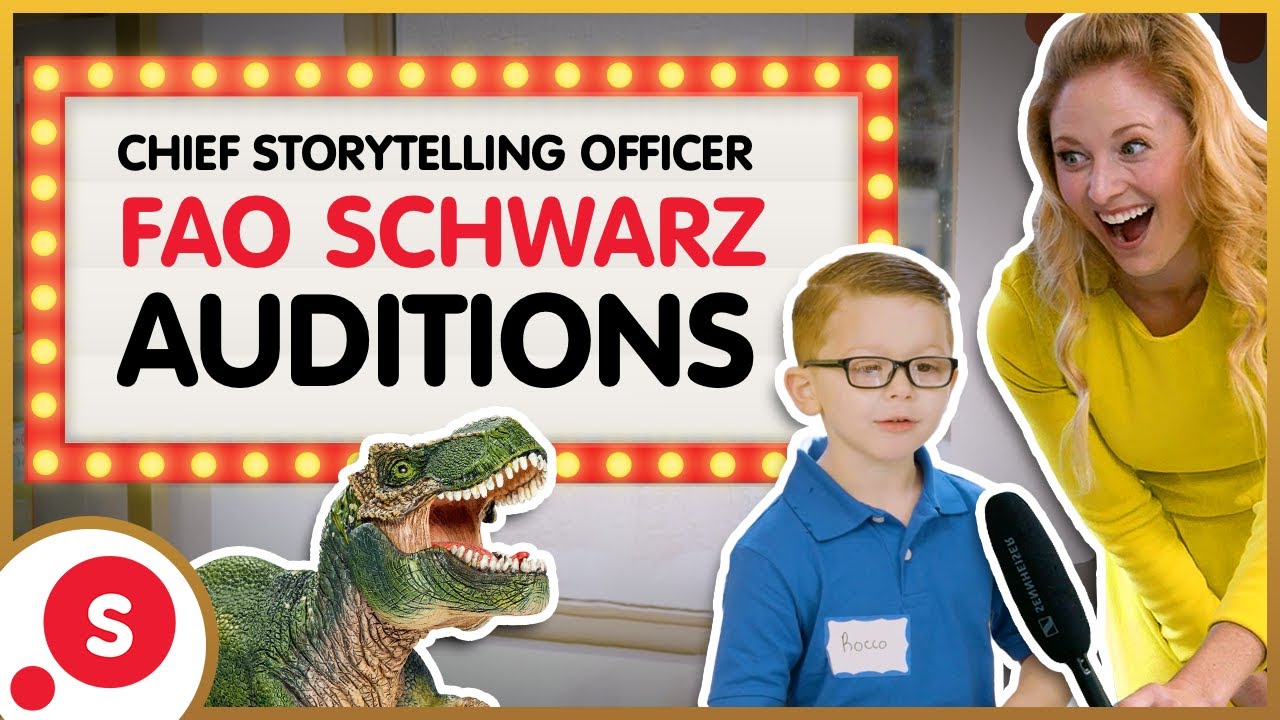
Introduction: A Role We Never Knew We Needed
In the blur of modern life, where screens steal attention and days fly by unnoticed, something quiet but vital is slipping away—our stories. The tales of how we lived, what we overcame, and who we loved are fading. That’s why every family needs a Chief Storytelling Officer (CSO)—a guardian of memories, a voice that carries the past into the future.
At Remin.site, we believe death is not the end—it’s the beginning of remembrance. Your memories, ideas, and legacies deserve a keeper. A CSO is not just a family member—it’s a mission to make sure those stories are never lost.
“The most powerful legacy we leave behind is not in bank accounts or real estate, but in the stories we tell—and those we choose to pass on.” — Remin.site
What Is a Chief Storytelling Officer?
The term may sound corporate, but its essence is deeply human. A Chief Storytelling Officer in the family is someone who takes on the loving responsibility of capturing, curating, and sharing the family’s most meaningful stories.
This could mean:
- Recording grandma’s voice telling how she met grandpa
- Creating digital timelines of your family’s migration journey
- Saving letters, voice notes, or video clips that explain what mattered to each generation
It’s an informal title with enormous emotional value. In companies, CSOs are tasked with making a brand’s story resonate. In families, it’s about something much deeper—preserving identity, resilience, and love.
The Cultural Importance of Family Storytelling

Storytelling is not entertainment—it’s how humans have survived, learned, and connected across generations. Before the written word, stories were the only way we remembered who we were. That hasn’t changed.
According to The New York Times, children who know their family history show higher levels of emotional resilience, especially during difficult times.
“Decades of research show that family narratives build strong emotional foundations, grounding children with a sense of who they are.” — NYT, The Stories That Bind Us
Beyond identity, storytelling connects generations. When elders share their memories, it gives younger family members a chance to ask, laugh, cry—and understand. These aren’t just personal memories; they become part of the shared soul of your family.
Benefits of Having a Chief Storytelling Officer
The role of a CSO isn’t ceremonial—it’s transformational. Here are three key ways it can impact your family forever.
1. Strengthening Family Bonds
When one person steps up to actively collect and share stories, it creates a space for connection. Phone calls turn into meaningful conversations. Holidays become more than just food—they become reunions of memory. Through the CSO’s work, intergenerational communication blossoms.
2. Preserving Identity and Legacy
Without someone to keep it alive, family identity fades. A CSO ensures every branch of the family tree is honored—especially those who came before us. In today’s world, we can capture stories through:
- Voice recordings
- Digital journaling
- Video messages
This is your digital legacy. It’s more than data—it’s heart.
3. Teaching Values Through Stories
Stories are the original moral compass. Through them, kids learn empathy, courage, sacrifice, and joy. A story about how your parents built a life with nothing can inspire gratitude and grit. These lessons stick longer than lectures ever will.
How to Appoint and Support a Family CSO
This doesn’t need a ceremony—just intention. Here’s how to get started:
- Choose someone who loves stories—it could be you or a sibling who naturally asks questions.
- Set up a system—use cloud folders, journals, voice note apps, or even platforms like Remin.site to store and organize memories.
- Make it collaborative—ask each family member to contribute. It could be one story a month or themed around events like birthdays or anniversaries.
Appointing a CSO isn’t just about the past—it’s a gift to the future.
Modern Tools to Help Your Family CSO

We’re fortunate to live in a time where preserving stories is easier than ever. Here are tools your family CSO can use:
- Remin.site – A trusted space to safeguard life’s most meaningful moments
- StoryCorps – Interview templates and storytelling inspiration
- Google Photos – Archive and tag family images with notes
- Voice Memo Apps – Record elders speaking in their own voice
Using modern tools doesn’t replace tradition—it amplifies it.
Coming Next…
In the second half of this article, we’ll dive into real-world examples of Chief Storytelling Officers, how families are transforming their bonds through shared memory, and why now—more than ever—is the time to preserve what matters.
Stay with us. Because your story… deserves to be told.
Real-World Examples of Family Chief Storytelling Officers

While the title “Chief Storytelling Officer” may be new, the role has existed in families for generations. Think of the grandmother who tells the same cherished tale every New Year’s Eve. The uncle who always carries photos in his wallet. The cousin who turns family reunions into documentary interviews. These are all CSOs in spirit.
One modern example is the community behind StoryCorps, where families record interviews and preserve them in the U.S. Library of Congress. Another is memoirs like The Storyteller by Dave Grohl, which reminds us that personal history—however ordinary—is extraordinary when told from the heart.
At Remin.site, we see hundreds of families assigning this role naturally—sometimes to the eldest, sometimes to the most curious. What matters most is not age or skill, but the commitment to remembering.
“The best CSO isn’t the one who knows everything. It’s the one who asks, listens, and preserves with love.” — Remin.site
Conclusion: The Legacy Starts Now
We live in a time where it’s easy to let our past drift into silence. But it’s also never been easier to preserve it.
Becoming your family’s Chief Storytelling Officer is not about being perfect. It’s about being present. It’s about understanding that each photo, each voice note, each shared recipe is a thread in the fabric of your legacy.
At Remin.site, we’re building a future where death isn’t the end—it’s the beginning of remembrance. Where memories, ideas, and love don’t fade—they evolve and guide those who come next.
So, ask the questions. Hit record. Write the letter. Store the memory.
Because your story matters.
Because you matter.
And because someone in the future is waiting to hear it.
FAQs: Chief Storytelling Officer in the Family
1. What exactly does a Chief Storytelling Officer do?
A CSO collects and shares the stories, voices, photos, and memories that define a family. This can involve audio recordings, journaling, digital archiving, and interviewing loved ones. The CSO becomes the keeper of emotional legacy.
2. Who should be the Chief Storytelling Officer in a family?
Anyone with a passion for family, curiosity, and time to listen. Often, it’s a parent, grandparent, or even a tech-savvy teen. What matters most is dedication and a desire to preserve the family’s soul.
3. Is this just a trend or something deeper?
Storytelling is one of humanity’s oldest traditions. While “CSO” is a modern term, the role is timeless. In today’s fast-paced, digital world, making the effort to archive and share memories is more crucial than ever.
4. How can I support the CSO in my family?
- Share your stories openly and without judgment.
- Offer to scan old photos or label videos with names and dates.
- Encourage kids to participate—it’s a great learning tool.
5. Where should we store these family memories?
You can use cloud drives or family Facebook groups—but for a more intentional, lasting solution, we recommend platforms like Remin.site, where your family’s stories and legacy live securely and meaningfully, beyond social media noise.
Next Steps: Start Your Family’s Archive Today
If you’ve read this far, you already feel the tug of something deeper.
Let it move you into action.
- Designate your family’s CSO—maybe it’s you.
- Start collecting one story per week. Small steps build big legacies.
- Use Remin.site to create your family’s private, eternal archive.
Because life is fragile.
Because memories disappear faster than we expect.
Because when we remember, we heal—and when we share, we live forever.
Your story begins now. Who will tell it?
